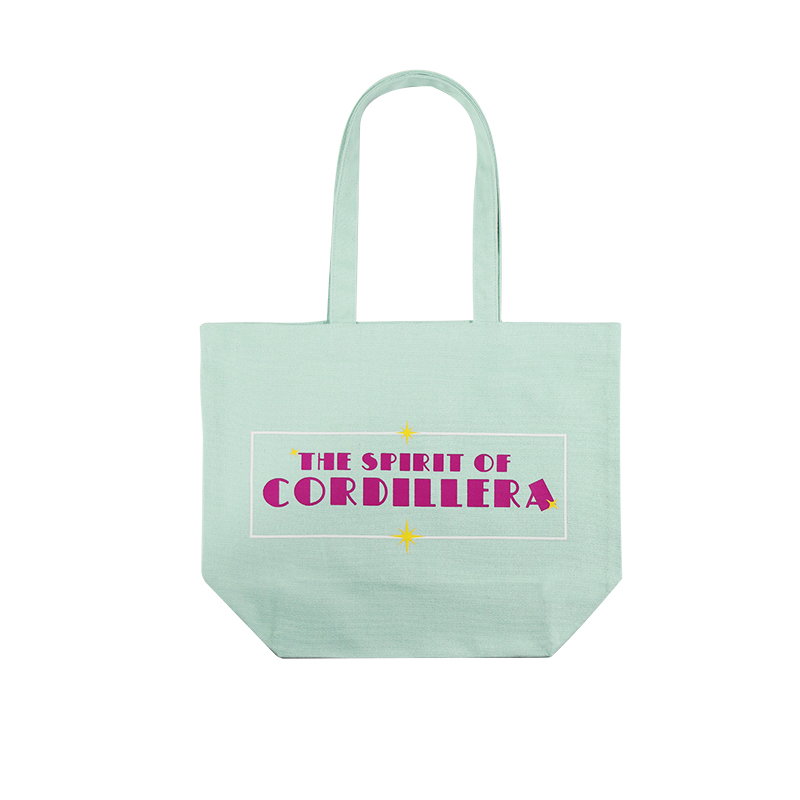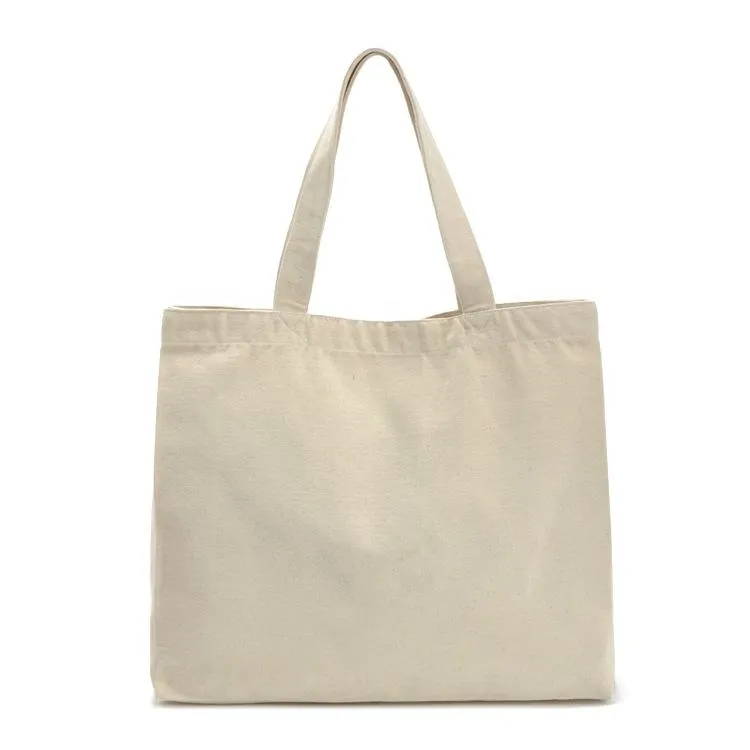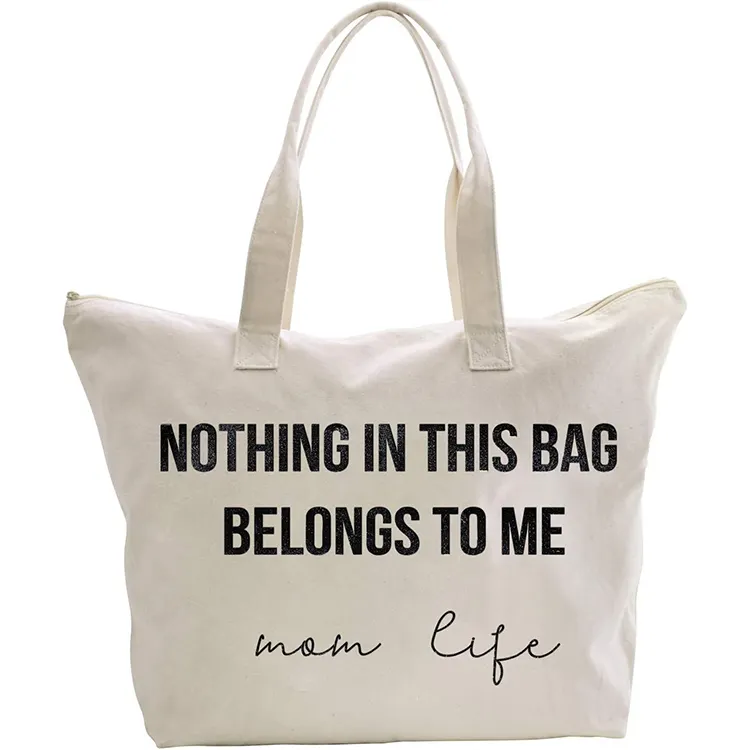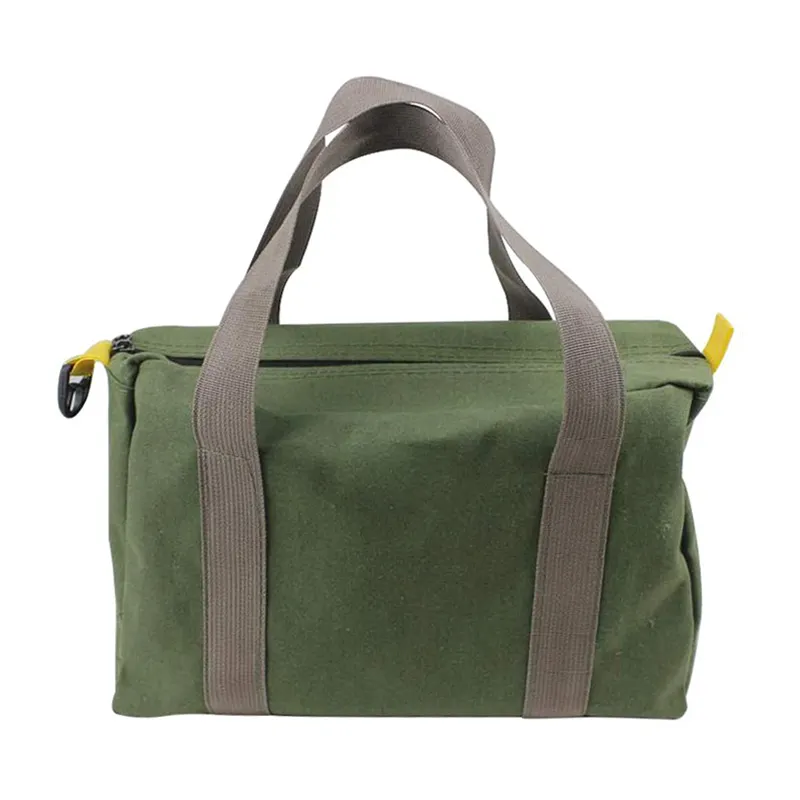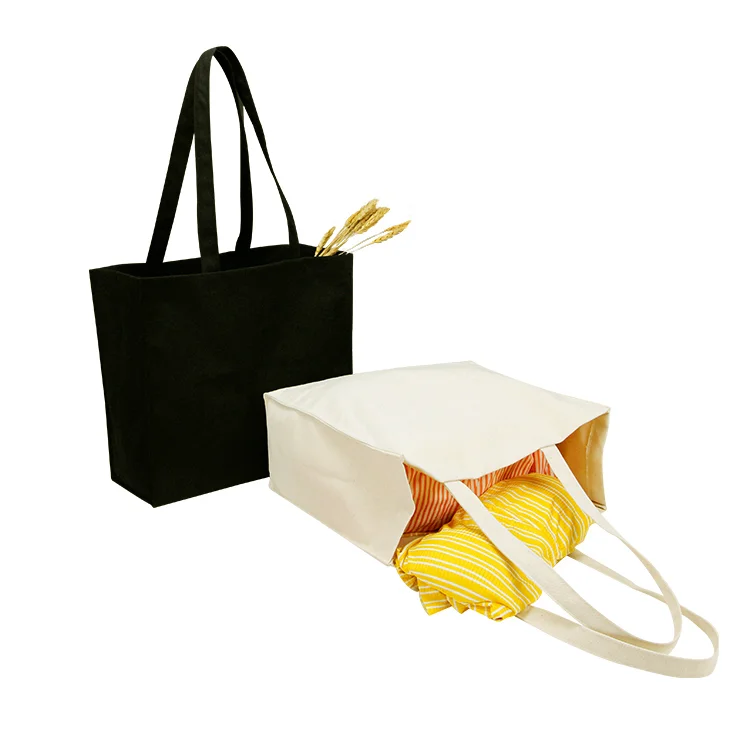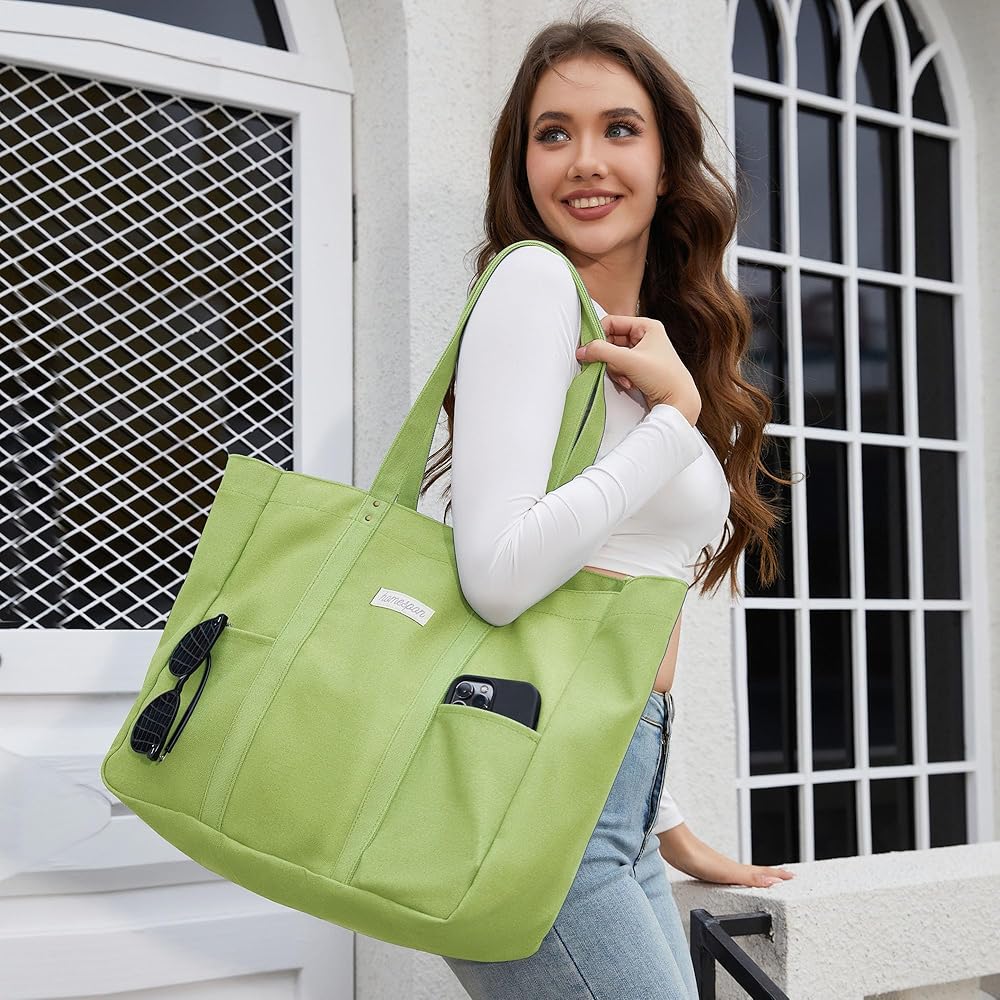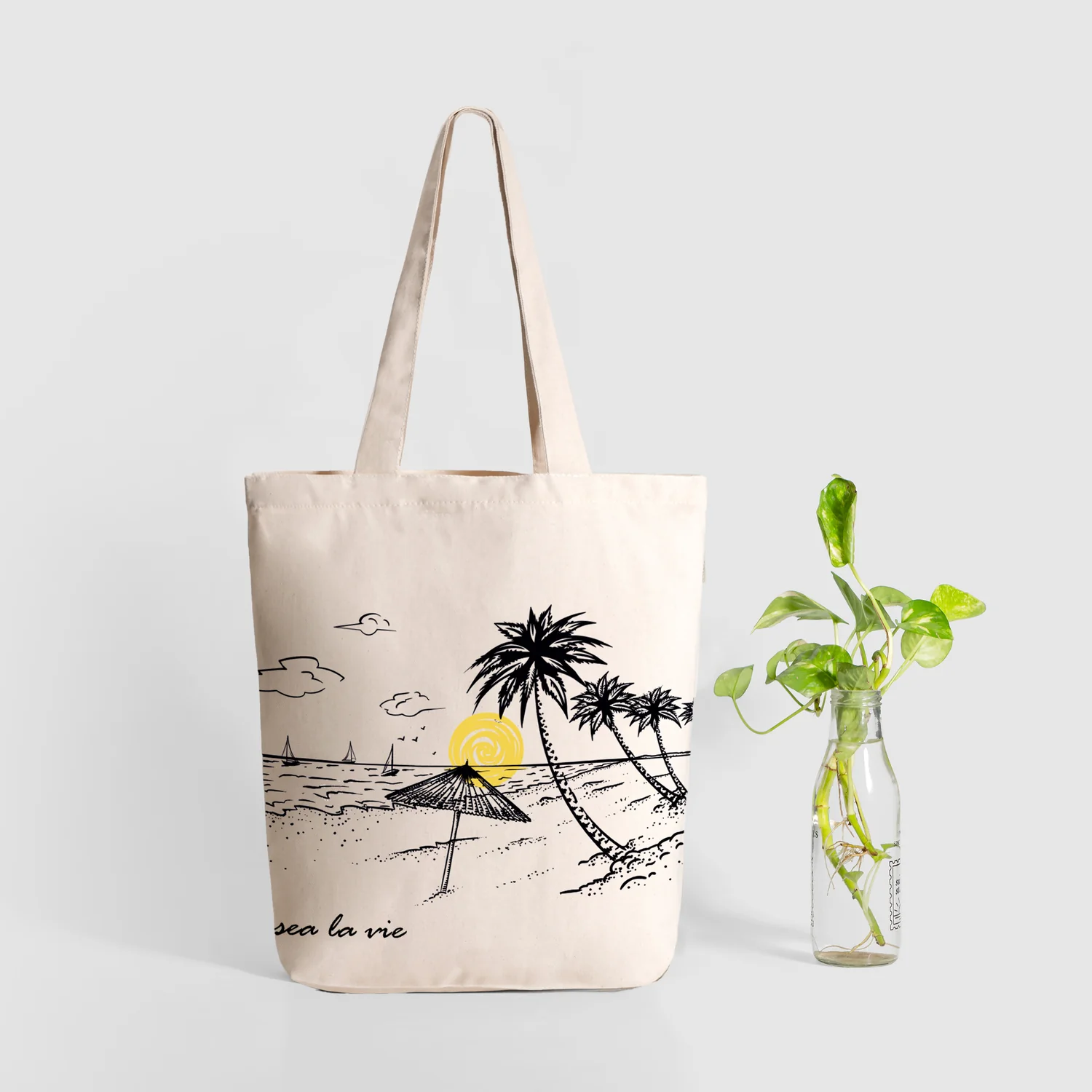8 Eco-friendly benefits of using canvas tote bags: A deeper dive
As global environmental issues become increasingly urgent, people are paying more attention to their consumption habits and the materials they use daily. One simple yet highly effective change we can make is switching to canvas tote bags. These bags are not only practical and durable, but they also make a significant contribution to sustainability. In this article, we’ll explore the 8 Eco-friendly benefits of using canvas tote bags in greater depth, drawing on insights from experts and influential figures to help everyone understand the immense value behind this small change.

1. Reducing Plastic Waste: A Global Challenge
Plastic pollution is one of the biggest environmental challenges we face today. According to research by the World Economic Forum, approximately 8 million tons of plastic waste enter the oceans each year, posing a serious threat to marine life. Plastic bags, one of the most common single-use plastic products, not only exacerbate this problem but also take centuries to decompose in the natural environment.
Experts like Ocean Conservancy environmental specialists emphasize that reducing single-use plastic bags is one of the most direct and effective actions individuals can take. Canvas bags, due to their durability, provide an excellent alternative to plastic bags, as they can be reused hundreds of times, significantly reducing the demand for plastic bags.
Practical Tip: Keep several canvas tote bags in your car, bag, or by the door to ensure you always have one handy when you go shopping.
2. Sustainability in Production: Forward-Looking, Eco-Friendly Manufacturing
The environmental benefits of canvas bags go beyond their use. They are typically made from natural materials like cotton, which is a renewable resource that can be grown and harvested in a short period. Furthermore, many canvas bag manufacturers are now turning to organic cotton, which is produced without synthetic fertilizers or pesticides, reducing pollution in both soil and water.
Environmental activist and “Earth Guardian” Sir David Attenborough has said, “The key to environmental protection is choosing products made from sustainable resources, rather than simply focusing on waste disposal. Choosing organic, renewable materials is the first step toward a green future.” This perspective highlights the ecological advantages of canvas bags in their production, helping to reduce reliance on non-renewable resources like petroleum, which is used to make plastic.
Practical Tip: Opt for canvas bags made from certified organic cotton, ensuring that both production and use are as Eco-friendly as possible.
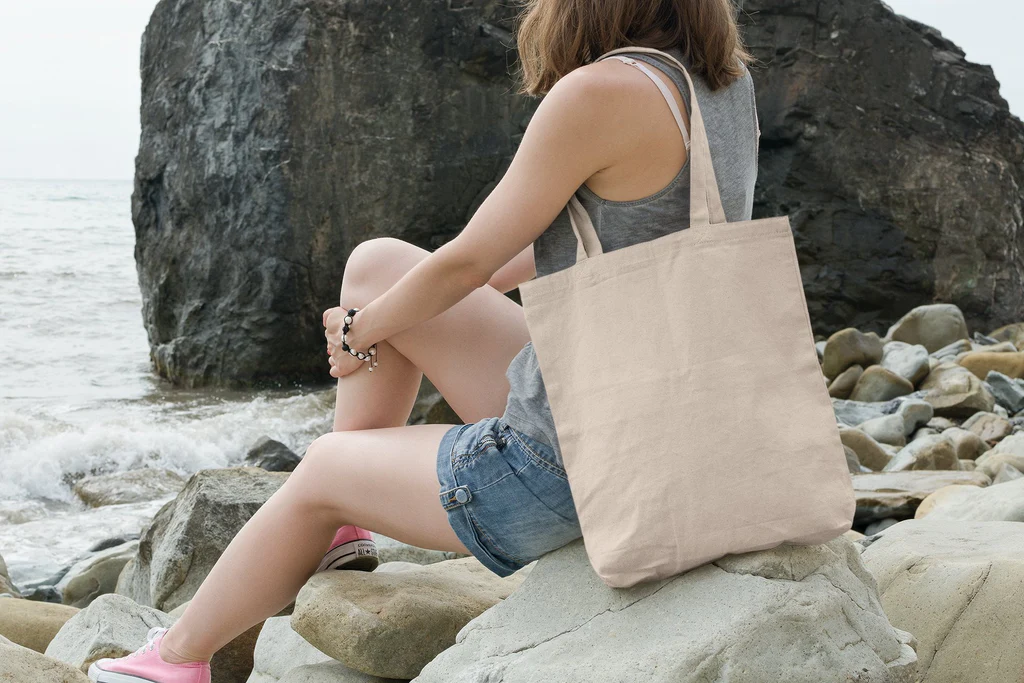
3. Durability and Longevity: Benefiting from Less Waste
Canvas bags are renowned for their durability. A well-made canvas bag can last for years, withstanding daily use, heavy loads, and frequent washing. In contrast, plastic bags are easily torn and damaged, meaning they need to be replaced often.
Professor Lisa Goldman, a sustainability expert at New York University, states, “The waste created by disposable items is not only increasing the amount of garbage, but also exacerbating the overconsumption of resources. The high durability of canvas bags means they serve consumers for a long time, greatly reducing the need for replacements.”
Practical Tip: Invest in a high-quality canvas tote bag that suits your lifestyle. With proper care, it will outlast most plastic alternatives and reduce the need for frequent replacements.
4. Lower Carbon Footprint: Low Energy and Low Emissions
The production of canvas bags typically requires far less energy than plastic bags. Manufacturing plastic bags consumes significant amounts of energy and releases large quantities of carbon dioxide. In contrast, the overall carbon footprint of canvas bags is much lower because cotton is a renewable resource, and the production cycle is shorter. Furthermore, since canvas bags can be used for many years, the carbon emissions associated with each use are spread out over a much longer period.
Climate change expert Dr. Joseph Stiglitz points out, “Reducing unnecessary consumption, particularly of disposable goods, is one of the key strategies we have in addressing climate change. Using canvas bags instead of plastic is a simple yet effective action that significantly reduces an individual’s carbon footprint.”
Practical Tip: Make canvas tote bags a staple in your daily life to maximize their environmental benefits.

5. Protecting Wildlife: Reducing the Threat of Plastic Bags
Plastic bags pose a grave threat to wildlife, especially marine animals. Every year, thousands of marine animals die from ingesting plastic bags, which they often mistake for food. By reducing plastic bag use, particularly through the adoption of canvas bags, we are directly contributing to the protection of wildlife and preserving ecosystems.
Environmental protection expert and member of the World Wildlife Fund (WWF) Hal McGee has said, “Plastic pollution in our oceans is part of the global biodiversity crisis. Using reusable products like canvas bags not only reduces plastic waste but also effectively protects vulnerable species.”
Practical Tip: Choose products that are free of plastic components to lessen the environmental burden, starting with your daily shopping habits.
6. Non-Toxic and Safe: Avoiding Harmful Chemicals
Canvas bags, made from natural fibers, are much safer than plastic bags, which often contain toxic chemicals. Many plastic bags release harmful substances during production, which can have detrimental effects on both the environment and human health. In contrast, canvas bags are free from these toxic materials, making them a safer choice for carrying food and other personal items.
Public health expert Natasha Hopkins has noted, “Using bags made from natural materials significantly reduces health risks associated with plastic bags. Avoiding plastic products in our daily lives is particularly important.”
Practical Tip: Prioritize bags made from natural materials, especially when shopping for food or personal items, to protect your health.
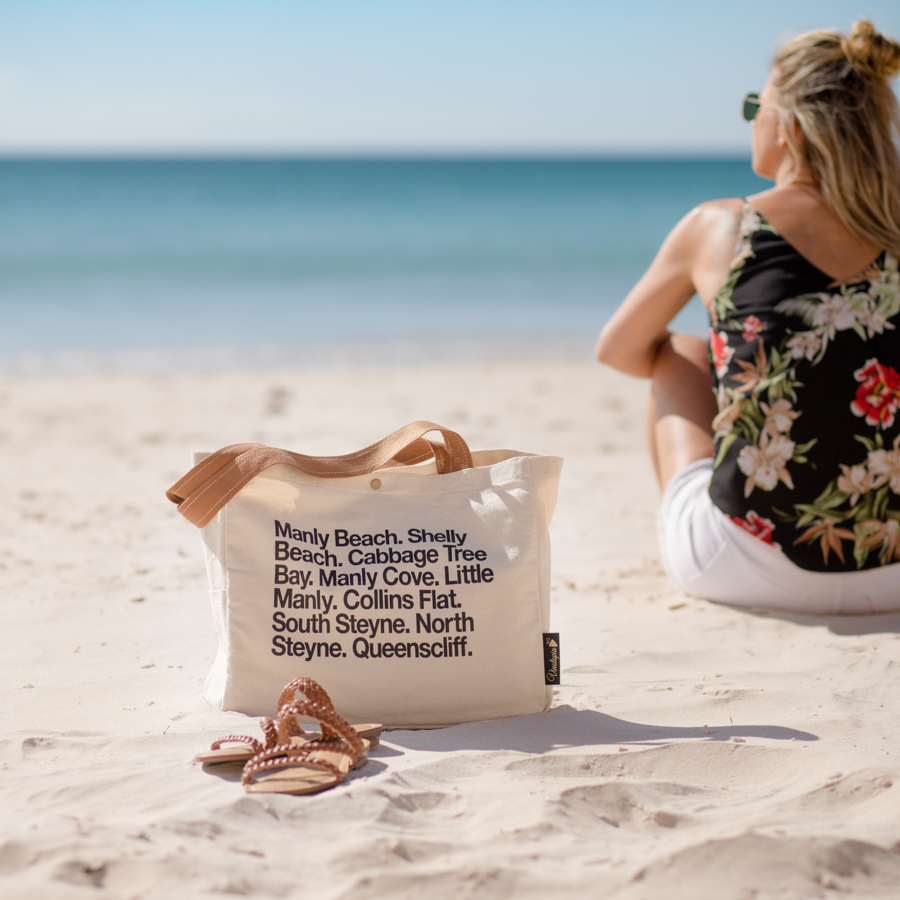
7. Supporting Ethical and Fair Trade Practices: Promoting Sustainable Business Models
Many canvas bag brands now advocate for ethical consumption and fair trade, focusing on improving workers’ conditions and promoting transparency in production processes. By purchasing from these companies, you are not only supporting environmentally friendly products but also advocating for fair wages and safe working conditions.
Social entrepreneur Amal Jamil emphasizes, “When we support brands that produce products through fair trade, we are supporting businesses that are striving to meet sustainability goals. This support is crucial in driving the transformation of global business models.”
Practical Tip: Purchase from fair trade-certified brands to support ethical production and sustainable business practices.
8. Versatility and Multi-Use: Reducing the Need for Disposable Products
Canvas tote bags are incredibly versatile. They are ideal for a variety of occasions, from shopping to carrying books and even as travel or gym bags. Since these bags can be reused in so many different contexts, they help reduce the need for other single-use items.
Practical Tip: Choose the right size and style of canvas bag based on your personal needs, ensuring that you make the most of its versatility.
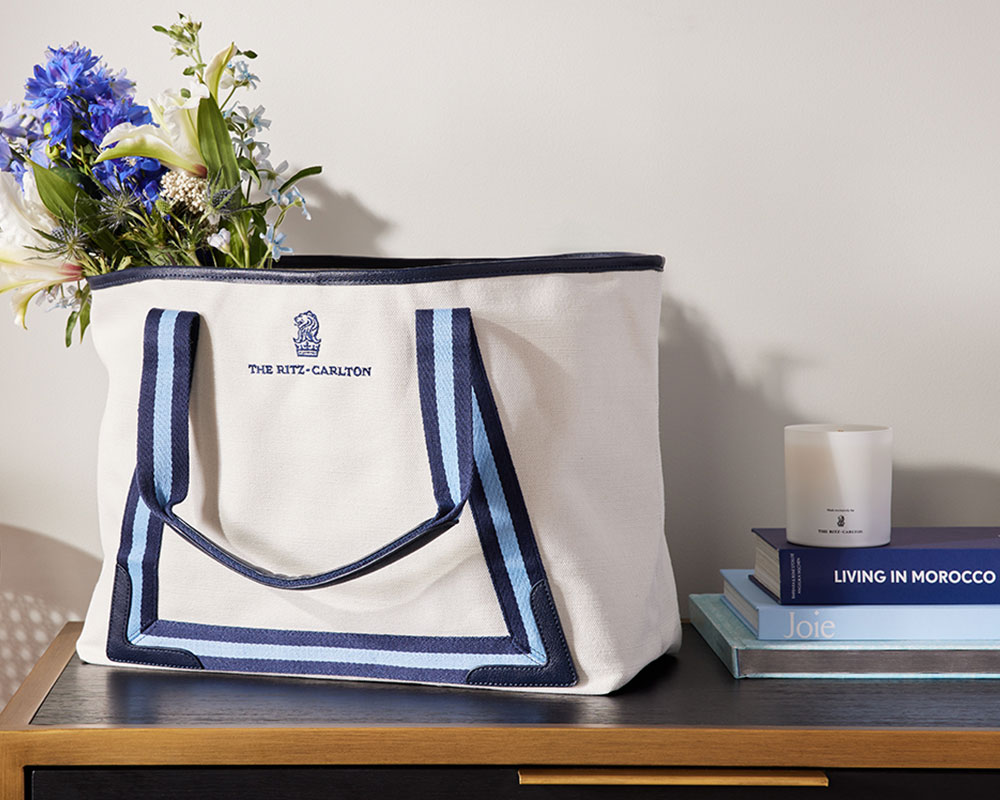
Conclusion: A Small Step Toward a Greener Future
Switching to canvas tote bags is a simple yet highly influential step toward a more sustainable lifestyle. From reducing plastic waste and lowering carbon footprints to protecting wildlife and promoting fair trade, the benefits of canvas bags are manifold. As Sir David Attenborough says, “Every small action, when combined, can lead to great environmental change.” Let’s start today by choosing canvas bags and contributing to a greener, cleaner planet.
Products Recommend
-
-
Blank tote canvas shopping bag
Learn More -
Canvas beach hand tote bag
Learn More -
Wholesale custom logo canvas large electrician zipper tool tote bag
Learn More -
Canvas tote bags
Learn More
News Recommend
-
The ultimate guide to tote bags: finding the perfect style and material for you
Dec.24.2024 Learn More


